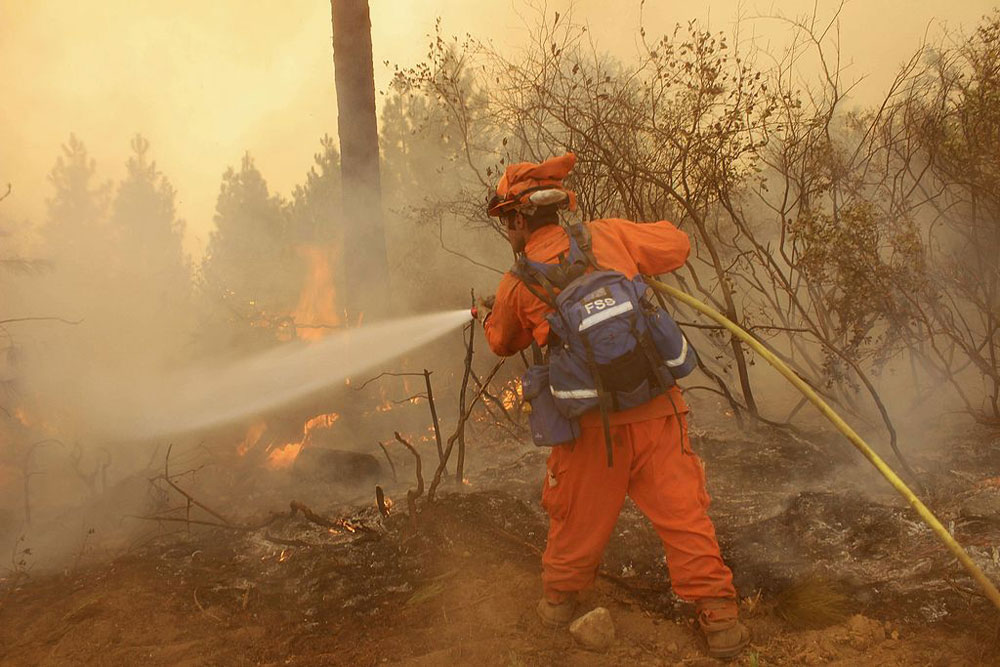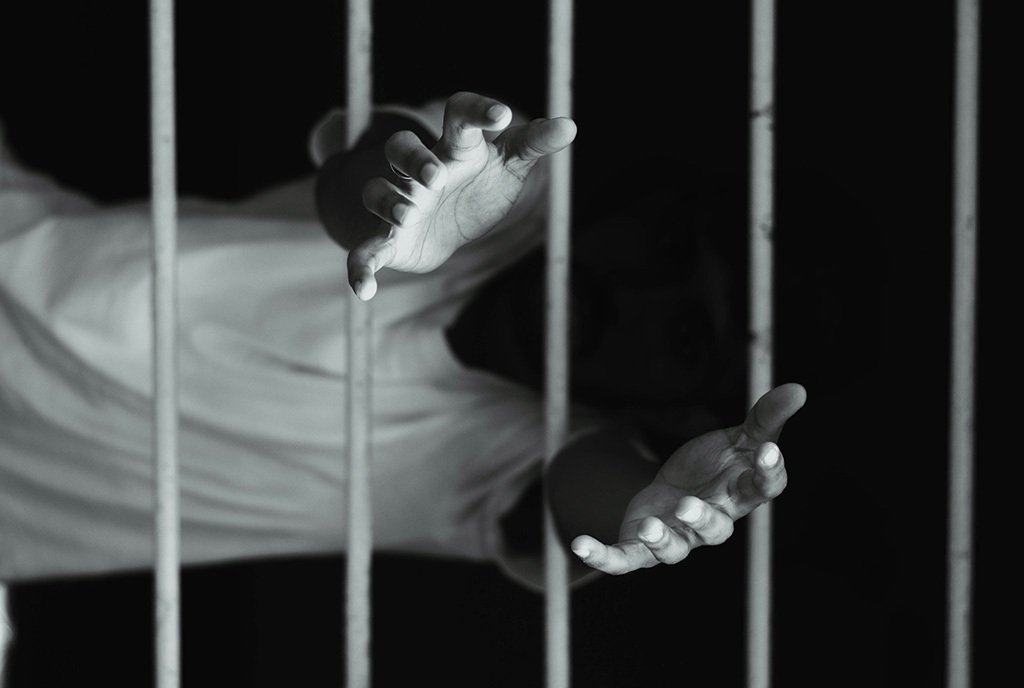
September 11, 2020; NBC News and The Intercept
Upon reading about incarcerated people working to fight devastating wildfires, and undocumented immigrant farmworkers working under harmful air quality conditions in California, it’s not hard to make connections about the many excuses people used a couple of centuries ago about the need for slavery. Both groups are deemed necessary as carrying out “critical functions” for society’s benefit, but inmates are still paid as little as $1.00 an hour and immigrant grape harvesters in Sonoma, according to the Intercept, are paid by volume instead of total hours worked.
Digging out an old BBC report on “Attempts to justify slavery,” one can find many disturbing similarities to how society looks away when “workers” are expected to toil in the absence of basic social protections. Here are a few examples (apologies in advance for the outdated use of narrative on these quotes):
Slavery is good for slaves. This argument teaches that slaves lack the ability to run their own lives and are therefore better-off and happier in a system where their lives are run by others.
California’s new bill AB 2147 will make it easier for incarcerated firefighters to earn an emergency medical technician certification, officials say. That’s for risking their lives daily and injuring their lungs in the middle of the coronavirus pandemic, without any labor benefits nor equal pay. Some will argue that these people are volunteers, but if one takes into consideration that the prison industrial complex essentially punishes poverty and systemic racism, “volunteering” for hazardous work to get out jail hardly seems a choice.
As we’ve previously reported on NPQ, California benefits exponentially from this free labor and has been doing so for years.
Sign up for our free newsletters
Subscribe to NPQ's newsletters to have our top stories delivered directly to your inbox.
By signing up, you agree to our privacy policy and terms of use, and to receive messages from NPQ and our partners.
Slaves are essential to certain industries. A number of past industries have depended on slave labour, and the employers claimed that abolishing slavery would be economically disastrous.
Then there’s that word “essential,” which has been used liberally by multiple media reports and officials claiming that some workers are just too important to take a break but do not deserve equal renumeration—among them, undocumented farmworkers. As we’ve also previously reported on NPQ, these agricultural laborers are meagerly paid and lack any labor protections, nor can they apply for public assistance such as Medicaid or SNAP. Undocumented workers can only hope to survive long enough to continue sending money to their loved ones across the border. Yet, “without their labor there would be no fruits, vegetables, or dairy products in the stores.”
Living in slavery is better than starving to death. In circumstances of extreme poverty, living in slavery may be the least bad available option.
One could also argue, that living in slavery is immoral. As Alleen Brown puts it, reporting for the Intercept:
In California and across the US, a dearth of public supports designed for undocumented immigrants confronting increasingly common natural disasters will inevitably deepen already desperate economic situations. With their own labor as the only resource available to countless people, the pool of workers willing to take on unsafe jobs will only expand. So long as government officials continue to prioritize the needs of business owners also hurt by disasters, workers are likely to find themselves in increasingly dangerous situations.
Free men should be able to become slaves if they want to. It can be argued that this sort of slavery isn’t real slavery until some form of coercion is involved.
Normalizing the idea of firefighters working for free in California is not very different from how people learned to justify violating the rights of enslaved people—because it is too easy to externalize the “other.” That’s what slavery and racism did best: dehumanize the other enough to justify intergenerational and system violence. Risking your life for meager pay in the middle of a climate disaster is violence. Racism does not need to be explicit; it has penetrated our unconscious. Modern slavery in a capitalist system will not be eradicated until we call it by its true name.—Sofia Jarrin-Thomas













